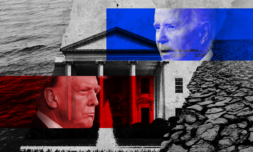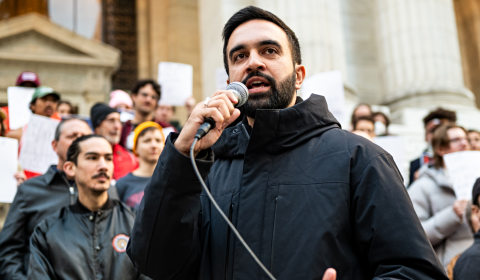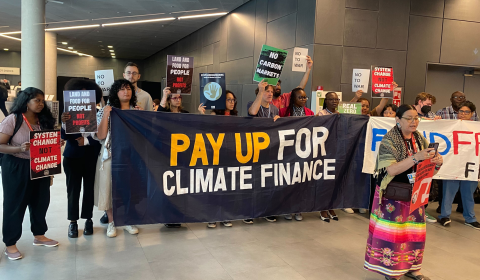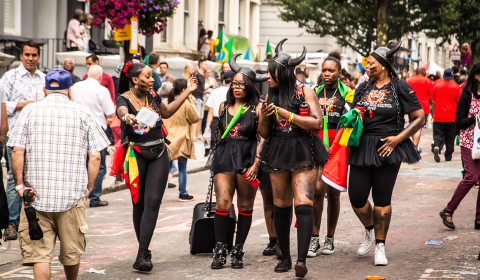The Supreme Court’s recent dismissal of a high-profile free speech case against the Biden administration has reignited concerns about the government’s influence over social media content moderation and the broader state of free expression in the US.
Late last month, the Supreme Court dismissed claims that the federal government violated the First Amendment by pressuring social media companies to censor certain content.
The case – Murthy vs Missouri – was brought forth by the states of Missouri and Louisiana and social media users against the Biden administration.
The plaintiffs alleged that various federal agencies, including the White House, Surgeon General Vivek Murthy, and the CDC, pressured social media companies to censor certain content, particularly related to COVID-19 and the 2020 election.
The case arose from a lawsuit originally filed as Missouri vs Biden in July 2022. The following year, a district court granted a preliminary injunction, finding evidence that federal officials had coerced social media platforms into moderating content through ‘urgent, uncompromising demands’ and veiled threats of retaliation.
Associate justice Amy Coney Barrett stated that the plaintiffs failed to show a significant risk of imminent, traceable harm and did not meet the legal standard required to obtain an injunction.
Believing the contrary, Justice Samuel Alito argued that the plaintiffs had presented evidence suggesting the government engaged in an unconstitutional ‘covert scheme of censorship’ by pressuring social media companies to remove a specific type of speech.
The SCOTUS ruling, 6-3, ineffectually dismissed the case, lifting injunctions and allowing the federal government to continue communicating with social media companies about content moderation. The objecting Justices argued that this permitted a ‘successful campaign of coercion’ by the government against free speech.
Government jawboning
It’s no secret that the US government has had a long-standing history of ‘jawboning’ – the use of informal pressure to influence private entities’ decisions, including social media content moderation.
In the 1950s and 60s, the Supreme Court ruled in Bantam Books vs Sullivan that a state commission’s informal pressure on booksellers to remove allegedly obscene books violated the First Amendment.
More recently, President Trump threatened to revoke NBC’s FCC licenses over its reporting in 2017, and CNN’s licenses in 2018. As a 2023 candidate, he again targeted media outlets. Though not directly related to content moderation, these incidents reflect how government officials have used implicit threats to try to influence private media decisions.
Another case – NRA vs Vullo is currently ongoing and brings about similar questions concerning the difference between legal government persuasion and illegal coercion of private companies’ decisions.
The case involves the National Rifle Association (NRA) alleging a First Amendment violation, claiming that New York financial regulator Maria Vullo coerced insurance companies to stop doing business with the NRA. SCOTUS has ruled the case can proceed but has not issued a final judgment on the allegations.




















